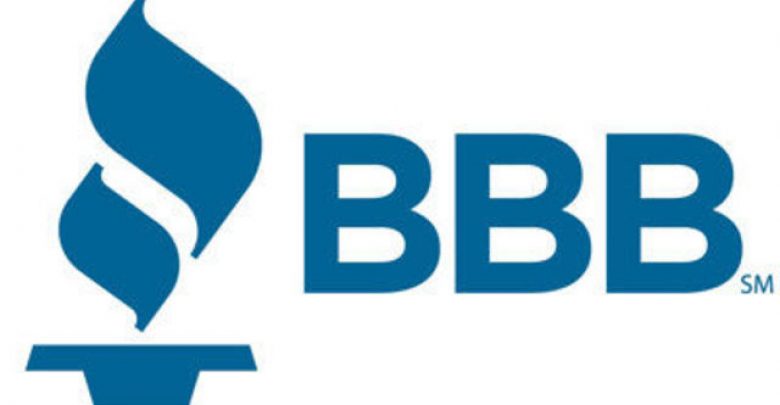BBB Tip: Watch for toll road scams

(BBB) — A cross-country road trip is an American summer staple, but if you’re hitting the road this summer, make sure you keep track of your tolls. Better Business Bureau® (BBB®) has received reports of phishing text messages that impersonate road toll collection services to trick people into paying for fake outstanding tolls.
Read more or hear from Better Business Bureau Regional Director Pamela Hernandez below:
The texts typically say that you owe a toll payment (often about $12) and must pay online immediately to avoid a late fee (often $50). They include a fake payment link that appears to be from the toll service. If you click on the link and enter your personal or payment information, your money or identity could be at risk.
Scammers are banking on the chance that you might not be keeping track of the tolls you’ve accrued. Don’t click on links in any unexpected texts you receive, and always check your balance with the actual toll agency before you pay.
BBB received multiple reports about this type of scam in spring 2024. One St. Louis consumer received a text message with a payment link that appeared to be from the Illinois Tollway. He clicked the payment link, but felt something was off – so he exited the website and called the Illinois Tollway’s customer service line, where they told him to report the text to BBB.
Several other consumers reported that they received a text from “Missouri Toll Services” asking them to pay online via SunPass, a Florida-based toll agency that allows travelers to pay for tolls in 22 states. Missouri does not have toll roads, and SunPass recently issued an alert stating that the company does not ask customers to make payments via text message.
How to avoid text message phishing scams:
- Check with the toll agency. Don’t click the link in the text message! Instead, go to your web browser, find the toll service’s actual website and log in to your account to verify if you have any outstanding toll payments. You can also find the toll service’s legitimate customer service phone number on their website and call to confirm your balance. Do not call the phone number that texted you or any phone numbers included in the text message.
- Know the warning signs of a scam text. Unsolicited texts with suspicious links or grammar and spelling errors could be cause for concern. A personalized message or legit-looking website doesn’t mean the text is safe – scammers are good at finding personal info and spoofing websites.
- Don’t click on links or download files that are unexpectedly texted to you. It may be hard to tell if a link sent in a text message is safe. Scammers often use fake URLs that look like legitimate websites’ URLs.
- Block the number and delete the message. Refusing to engage and blocking the phone number can help prevent scammers from contacting you again.
- Report the text. You can help protect others by reporting scam texts to BBB Scam Tracker and the FBI Internet Crime Complaint Center (IC3).



